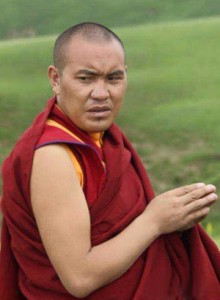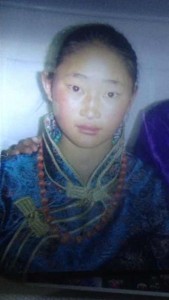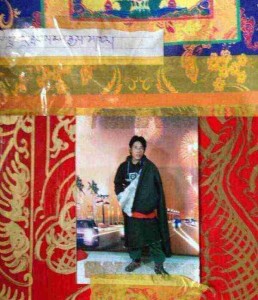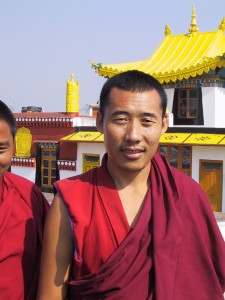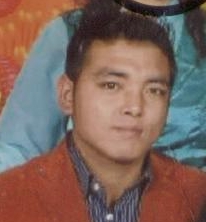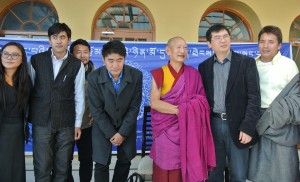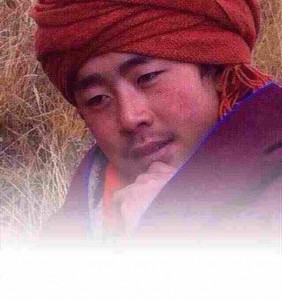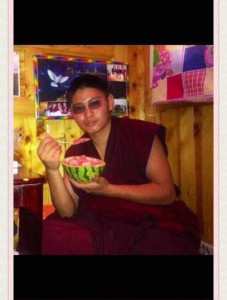
Tibetan Centre for Human Rights and Democracy (TCHRD) has been informed by a reliable source that Chinese paramilitary forces detained a monk for staging peaceful protest and detained another for unknown reasons in Ngaba (Ch: Aba) County in Ngaba Tibetan and Qiang Autonomous Prefecture, Sichuan Province, in the Tibetan province of Amdo.
Losang Trinley, about 21, a monk from the local Kirti Monastery was beaten up and detained from the main road in Ngaba County shortly after about 4 pm on 26 December, after he carried a portrait of the Dalai Lama draped in Tibetan national flag on his forehead and shouted slogans such as “May the Dalai Lama live for hundreds of years” and “Tibet needs freedom”. The peaceful protest lasted for some minutes before paramilitary police arrived on the scene and took the monk away.

